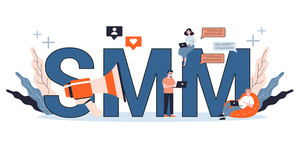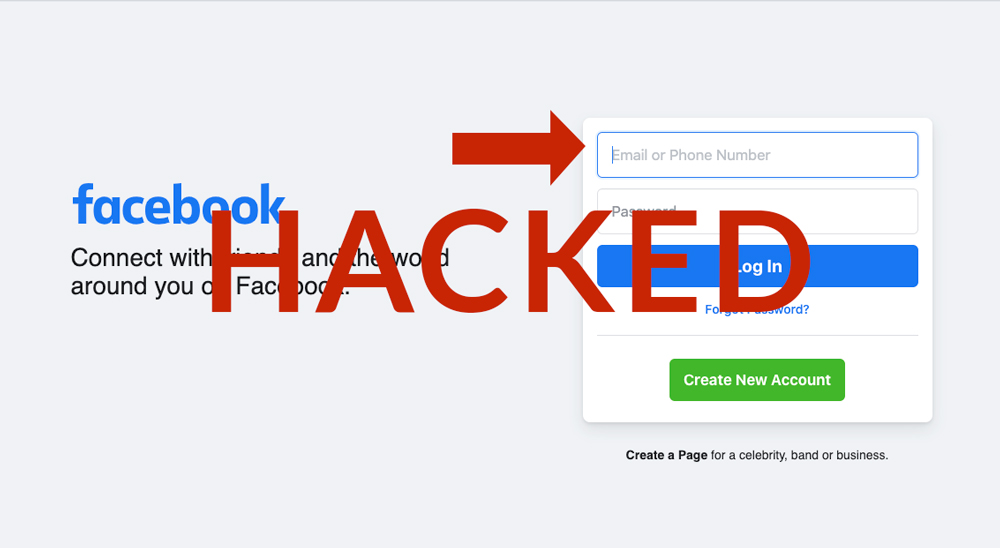
There's a lot of important information sitting in our Facebook and Instagram accounts these days, from baby photos to private messages, that can be used to steal your identity and possibly hack into your bank account.
f you've seen unusual activity on your Facebook account, your account may have been compromised. Either hackers have gotten into your account to access your personal information, or scammers have cloned your account, using your profile photo and other public information, to prey on your friends and family.
With hacking, someone has gotten into your account, often by stealing your Facebook password or your email password. For instance, a scam that tricks Facebook users into clicking a link to view a video, but then takes them to a fake Facebook login page to steal their account credentials. Once hackers have access to your account, they can view all of your information and even lock you out of your own account.
Find out if your Facebook account has been hacked
There are lots of signs that your account may be compromised. Here are red flags to watch for:
1. You can't log into your account.
2. You get an email with instructions on how to reset your Facebook password when you didn't try to reset your password.
3. You get an email saying someone logged into your account when you haven't logged into your account.
4. You see posts you didn't make, messages you didn't write, friend requests you didn't send, or profile changes you didn't make.
How Hackers Can Hack Your Facebook Account
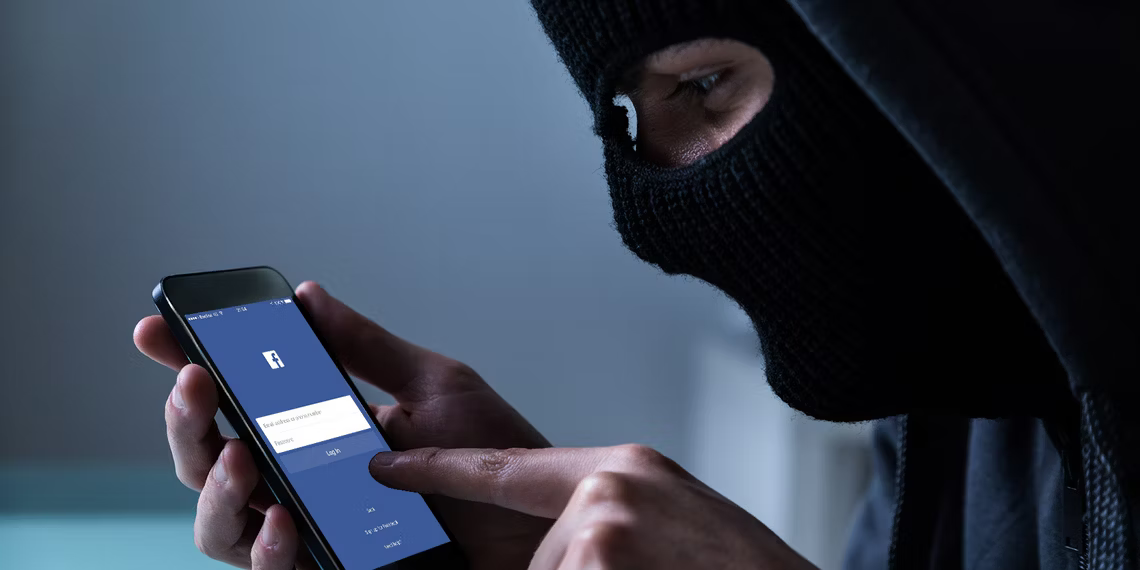
With Facebook's 2.8 billion active monthly users, hackers now have an
ocean of accounts to exploit. Despite security updates made after a 2018
security breach that affected more than 30 million users, over 500,000
phone numbers were still leaked in 2019.
Although Facebook's security has improved drastically after these breaches, hackers target individual accounts.
Facebook hackers use several means to take over accounts. One of the most popular is phishing and social engineering.
So while we can't show you directly how to hack a Facebook account, you
nonetheless need to know how cybercriminals hack someone's Facebook.
Phishing and Social Engineering
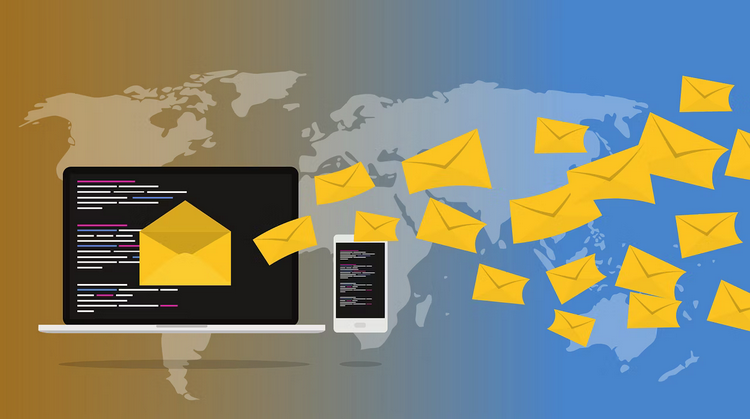
If you leave your phone number or email address public on your Facebook profile, then you're more vulnerable to phishing attacks.
Social engineering often accompanies this type of attack. Phishing happens when an attacker sends a fake link to a victim. For instance, they can send a message telling the victim to log into their Facebook account via the given link for security purposes or to retrieve a message.
Once they click the link and enter their Facebook username and password, the attacker grabs that information. If the victim fails to realize the leak in time, the attacker can log into their account. The hacker then changes the affected user's login information and takes over their profile.
An attacker can also request a new password on your behalf.
For instance, they can send a message telling you Facebook needs to fix an issue with your account. They then ask you to send the code you'll receive back to them. Once you send this code, they change your password and log you out of your account.
Unfortunately, many Facebook users fall victim to this trap. And it's often too late before they realize they've lost access to their Facebook account as the hacker changes their personal information.
Hiding personal contact information like phone numbers and email addresses from the public can be an effective preventive measure, though not always practical.
Be careful the type of messages (SMS, emails, and calls) you respond to, no matter how formal they look. Don't click suspicious links that look strange or malicious. Even if you're familiar with them, be careful not to share your login information with third-party apps or websites.
Brute Force Attacks Hack Facebook Passwords
Brute-force hackers use both manual and automatic methods to device password combinations. To aid them, attackers use several string-generating apps to guess passwords.
Surprisingly, people now make this process easy for hackers. NordPass recently released the top 200 passwords in 2020, and 73 percent of those are incredibly easy to guess.
The less complicated a password is, the more vulnerable it is to a brute-force attack.
To prevent a brute-force attack, ensure that you use strong passwords that are difficult to guess. A combination of special characters with upper- and lower-case letters is effective.
Then use "Facebook two-factor authentication". With that, even if an attacker guesses your password correctly, they can't access your account without your authorization.
Facebook has introduced some restrictions to help your security, including limits on requesting new passwords; nonetheless, brute force attacks can cause a headache without two-factor authentication.
Faulty Links and Spyware
Some apps ask for permission to access your Facebook credentials. Some of these apps spy on you. In worse cases, they can take over your account to spam your friends.
Hackers can also use dedicated spying links and apps to install spyware on your computer.
Such spyware can then gain access to your Facebook account to perform actions without your knowledge. Infected links and apps can carry out instructions orchestrated by hackers.
Preventing this attack is easy. Denying untrusted apps access to read your Facebook data goes a long way to help you stop it.
Never click a suspicious link, and avoid untrusted apps as they can introduce malware into your computer and affect Facebook.
Password and Username Leaks
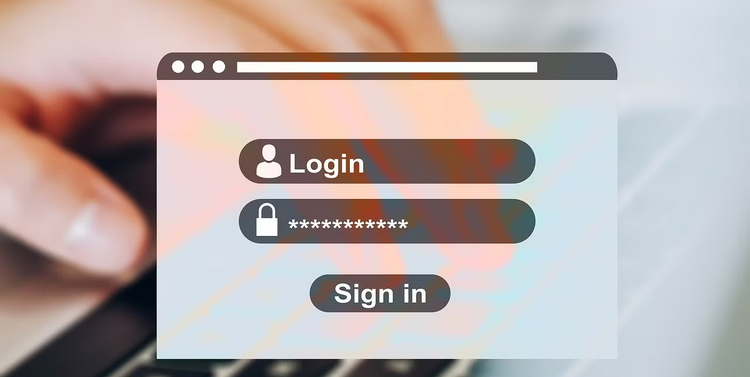
If your phone or browser stores login information, then you're at risk of getting hacked.
Logging into your Facebook account over a public network or a shared computer can also leave your account at risk.
When you use shared computers, you might forget to log out. That's an opportunity for hackers to snatch your Facebook account as they can get personal information about you from your logged-in account.
An attacker can also use session cookies to spy on you over public Wi-Fi.
However, when you save login information, other people that use your computer can sign into your account without your permission. Remember, you can't trust anyone.
How To Stop Attackers Hacking Your Facebook Account
1. Don't click on suspicious links. Watch out for phishing messages and emails.
2. Avoid saving login information on your smartphones and browsers.
3. Use a combination of special characters and numbers to create your password.
4. Hide sensitive information like phone numbers and email address from the public on Facebook. You should keep your account private anyway.
5. Don't give untrustworthy apps or websites access to your login credentials.
6. Avoid using Facebook over public networks and shared computers.
7. Don't share login information with a third-party.
8. Use Facebook's two-factor authentication on your account.
9. Never exchange a password reset link with a third-party, no matter how polished their request looks.
Hacked Facebook Account
- Recover Disabled Facebook Account
- Recover Hacked Facebook Account
- Secure your Account
